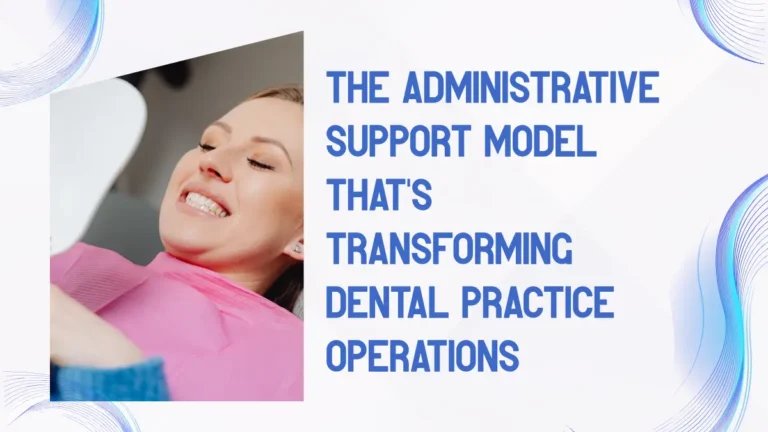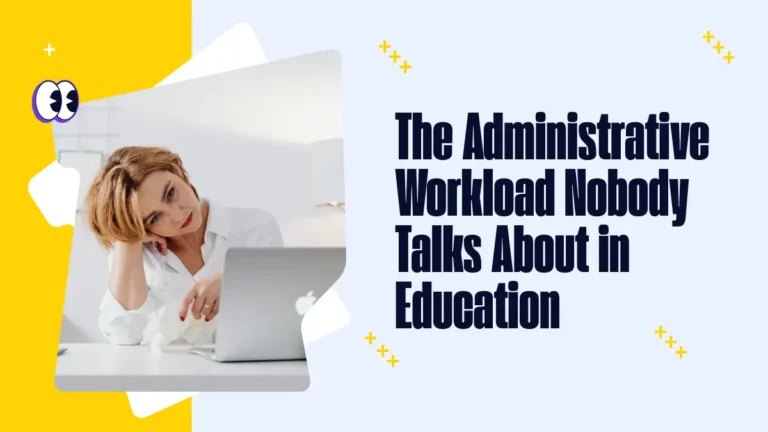Choosing the best online education isn’t just about finding any program – it’s about finding YOUR program. With over 15,000 distance learning options now available (up from 11,200 just a few years back), the landscape has exploded. But here’s the thing: more options doesn’t always mean better choices.
I’ve been navigating this space for years, watching friends waste thousands on programs that looked shiny but delivered nothing. Others? They’ve landed dream jobs after strategic online learning investments. The difference? They knew how to separate the wheat from the chaff.
Define Your Career Endgame First
Before you fall down the rabbit hole of flashy course catalogs, get crystal clear on where you’re headed. Are you looking to:
- Switch careers entirely? (Think data science bootcamps or UX design certificates)
- Level up in your current field? (MBA programs, project management certifications)
- Pick up specific skills fast? (Coding bootcamps, digital marketing courses)
Here’s something most people miss: the timeline matters as much as the destination. A heart surgeon needs years of rigorous training, while a social media manager might nail the essentials in 6-12 months through focused programs.
Pro tip from experience: I watched a buddy spend two years on a general business degree when a 4-month Google Analytics certification got him the marketing role he actually wanted. Know your target, then reverse-engineer the path.
Learning Styles That Actually Matter
Here’s what most people get wrong: they pick programs based on brand names instead of how they actually learn best. After watching dozens of peers succeed or flame out, the pattern is clear.
Visual learners thrive with platforms heavy on diagrams, infographics, and video content. Kinesthetic learners need hands-on projects and simulations.
Auditory learners do better with lecture-heavy formats and discussion groups.
The sweet spot? Programs that blend all three. But if you know you’re predominantly one type, lean into platforms that cater to your strength. I’m a hands-on guy – lectures put me to sleep, but give me a project to build and I’m locked in for hours.
Platform Deep Dive: What Actually Works
After testing dozens of platforms personally and watching peers succeed (or crash and burn), here are the standouts:
For Career Switchers:
- Coursera Plus ($59/month): University partnerships mean real credentials. Their Google Career Certificates are employer gold.
- Udacity Nanodegrees ($399/month): Tech-focused, project-heavy. Their AI and data science tracks are legit.
For Skill Building:
- Skillshare ($99/year): Creative skills, marketing, productivity. Great for side hustles.
- MasterClass ($180/year): High-level strategy thinking, though light on practical application.
For Formal Degrees:
- Arizona State Online and Penn State World Campus: Brick-and-mortar credibility with online flexibility.
The Curriculum Reality Check
Here’s what separates programs that actually prepare you from expensive time-wasters:
Quality Signals:
- Real projects for your portfolio
- Industry mentors or career services
- Updated content (anything referencing pre-2023 marketing strategies is already outdated)
- Clear learning outcomes with measurable skills
Warning Signals:
- Overly theoretical with no hands-on work
- No career support or job placement assistance
- Reviews mentioning outdated information
- Vague course descriptions
I learned this the hard way with a $2,000 “digital marketing mastery” course that taught Facebook ad strategies from 2019. Completely useless by the time iOS 14.5 privacy updates hit.
Accreditation: Your BS Detector
This is where people get burned badly. In 2025, accreditation isn’t just a nice-to-have – it’s your protection against diploma mills that’ll take your money and leave you with worthless paper.
What you need to know:
- Regional accreditation (the gold standard for traditional degrees)
- National accreditation (fine for vocational training)
- Industry-specific credentials (think Cisco, Google, AWS certifications)
Always verify through the U.S. Department of Education’s database. Takes 30 seconds and could save you years of regret.
Personal horror story: A colleague spent $15K on an “MBA” from an unaccredited online school. When he tried to transfer credits later? Zero acceptance. He basically bought expensive toilet paper.
The Success Formula
Based on current market trends and personal observation, here’s what’s working:
- Micro-credentials over mega-degrees – Employers want proof you can do the job, not that you sat through lectures
- Project-based learning – Your GitHub or portfolio matters more than your GPA
- Industry connections – Programs with networking components or mentorship win
- Flexible but structured – Self-paced with deadlines and accountability
Making Your Move
Bottom line: the best online education for you is the one that gets you from point A to point B fastest, with the least debt, and maximum career impact.
Start with your end goal, work backward to find the shortest credible path, then commit fully. Half-hearted online learning is worse than no learning – you’ll waste time and money while convincing yourself you’re being productive.
The opportunity is massive right now. Remote work has made online credentials more valuable than ever. But like any investment, do your homework first.
What’s your next move going to be?




